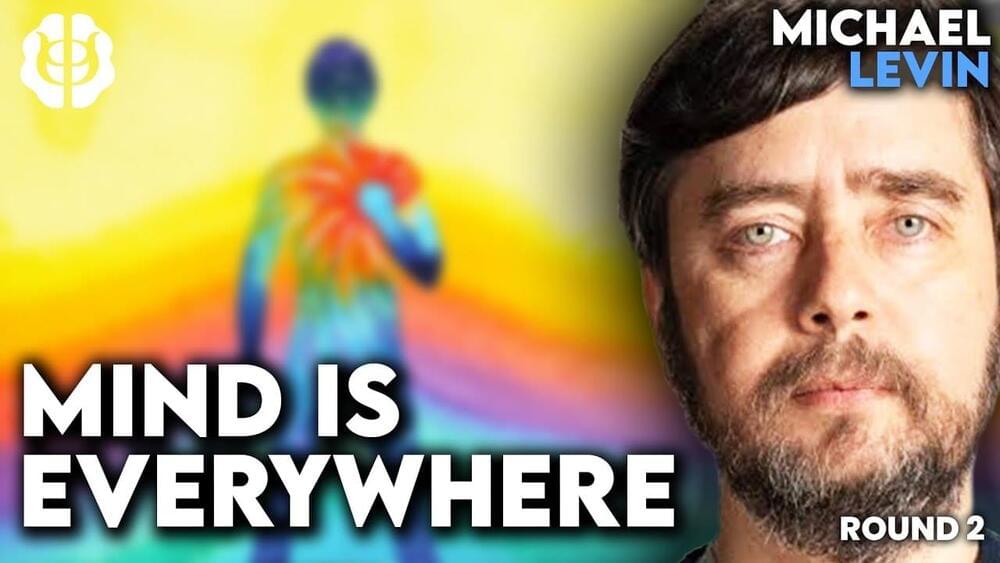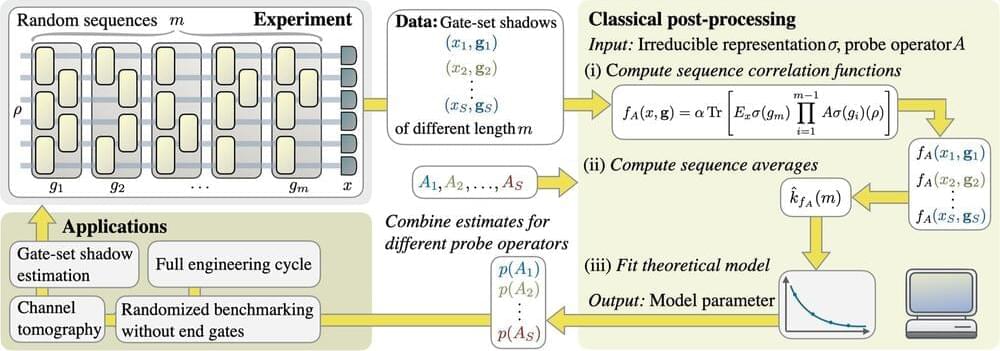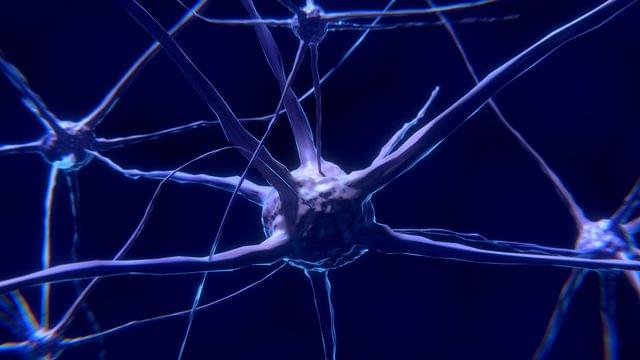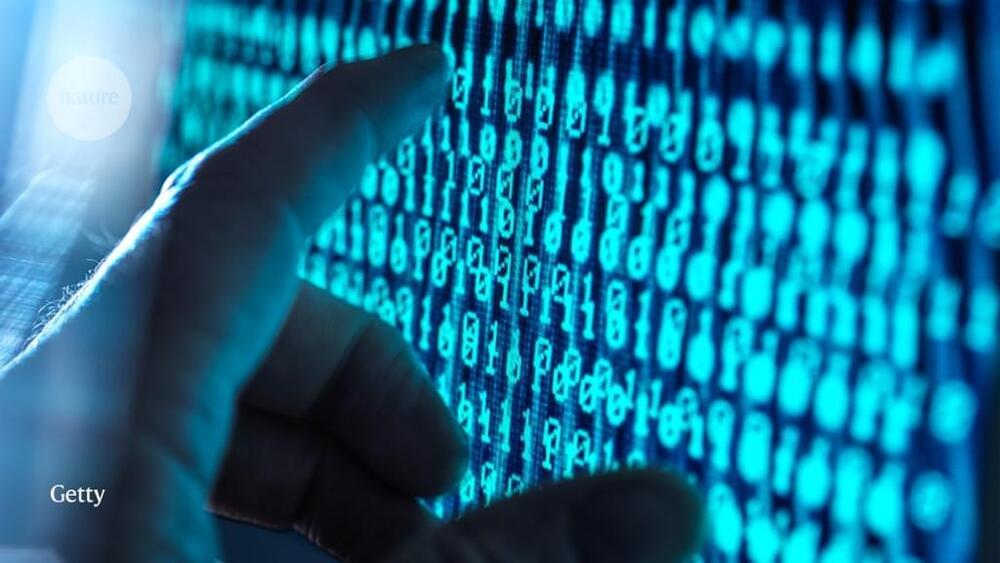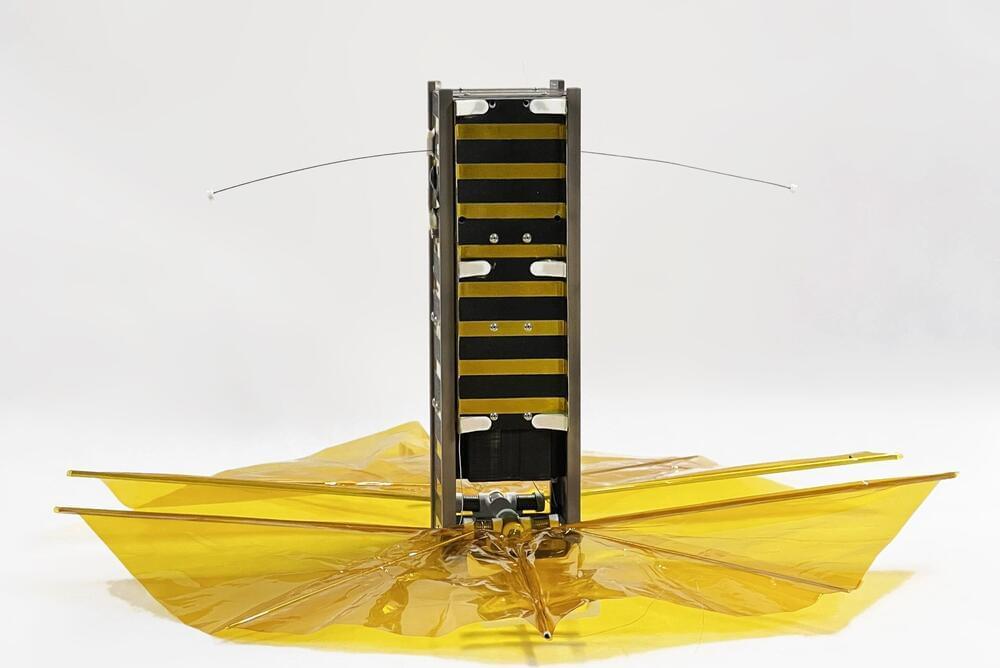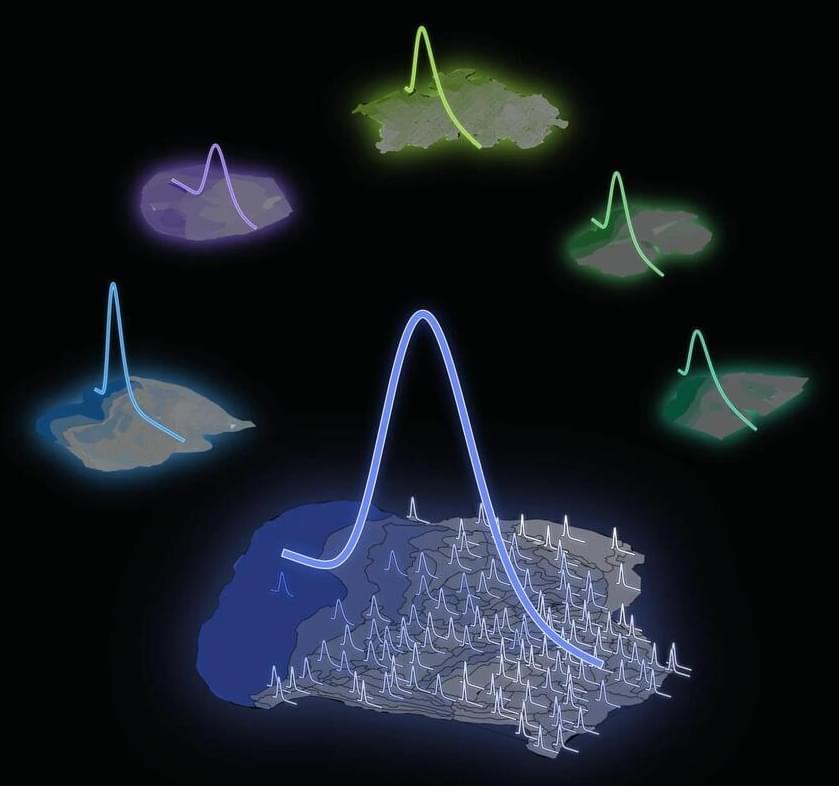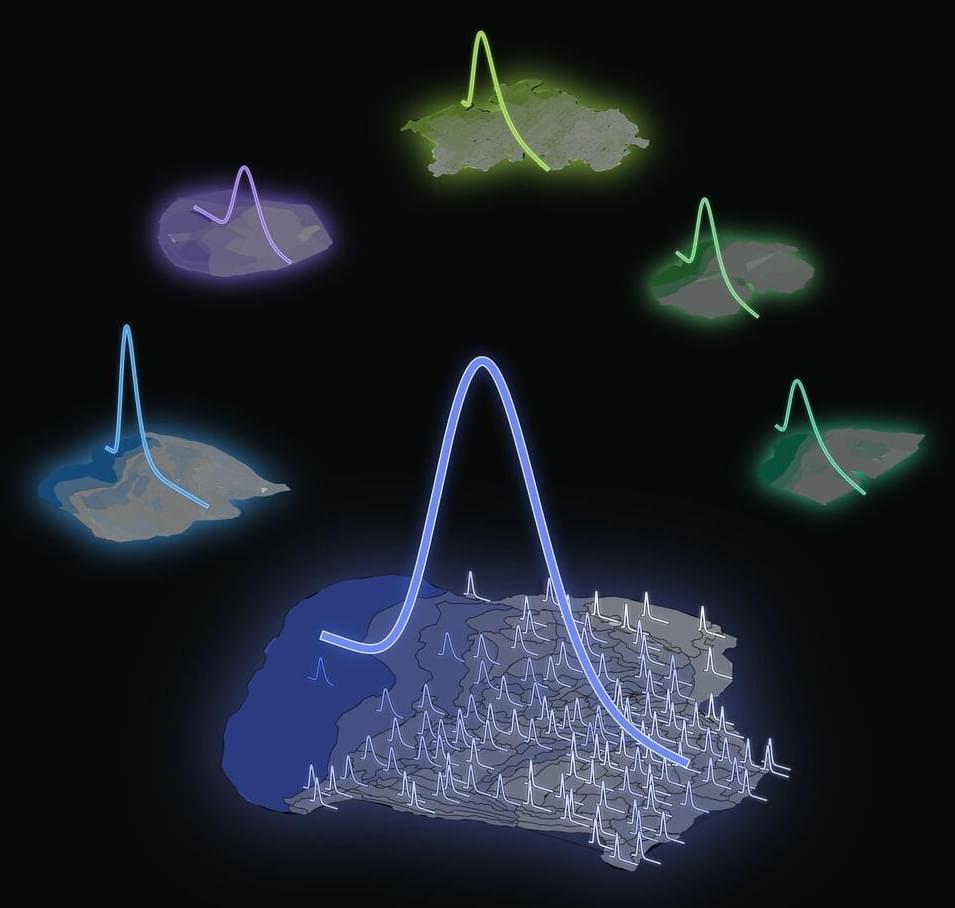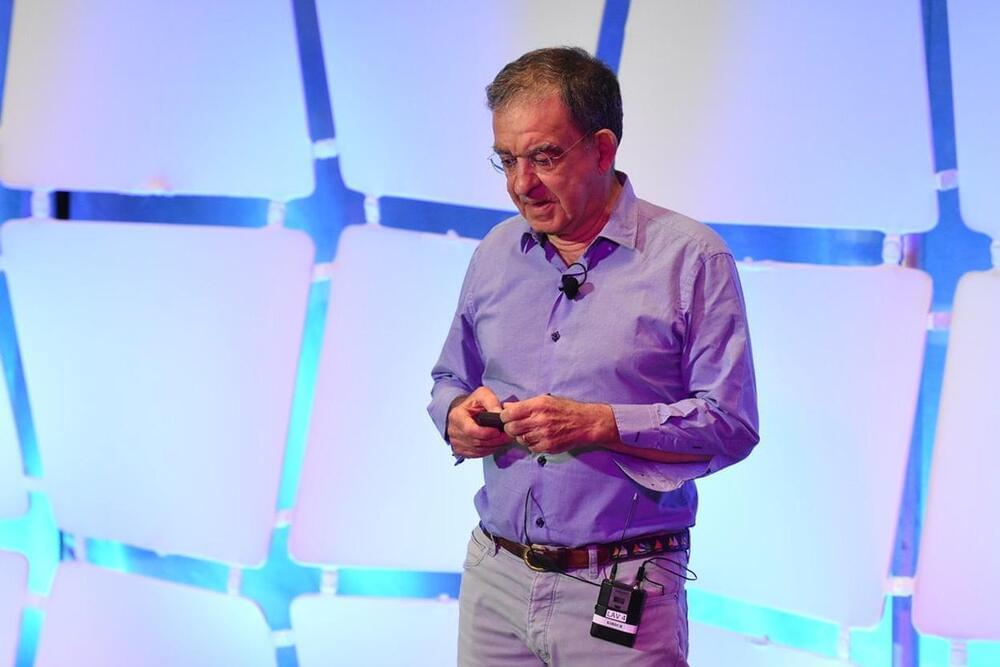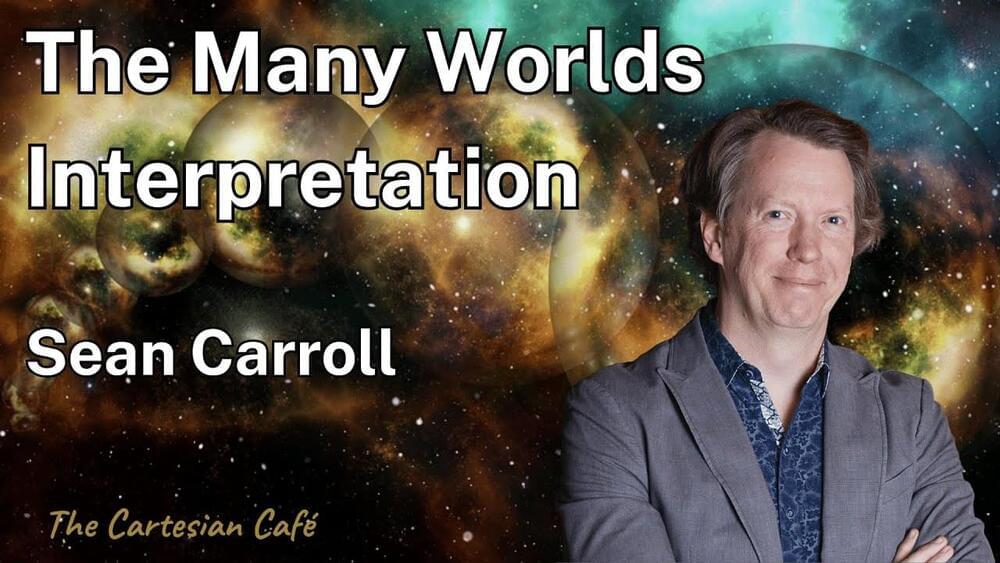Sep 2, 2023
What is The Field of Diverse Intelligence? Hacking the Spectrum of Mind & Matter | Michael Levin
Posted by Dan Breeden in categories: bioengineering, biotech/medical, computing, information science, mathematics
Michael Levin is a Distinguished Professor in the Biology department at Tufts University. He holds the Vannevar Bush endowed Chair and serves as director of the Allen Discovery Center at Tufts and the Tufts Center for Regenerative and Developmental Biology. To explore the algorithms by which the biological world implemented complex adaptive behavior, he got dual B.S. degrees, in CS and in Biology and then received a PhD from Harvard University. He did post-doctoral training at Harvard Medical School, where he began to uncover a new bioelectric language by which cells coordinate their activity during embryogenesis. The Levin Lab works at the intersection of developmental biology, artificial life, bioengineering, synthetic morphology, and cognitive science.
✅EPISODE LINKS:
👉Round 1: https://youtu.be/v6gp-ORTBlU
👉Mike’s Website: https://drmichaellevin.org/
👉New Website: https://thoughtforms.life.
👉Mike’s Twitter: https://twitter.com/drmichaellevin.
👉Mike’s YouTube: https://youtube.com/@drmichaellevin.
👉Mike’s Publications: https://tinyurl.com/yc388vvk.
👉The Well: https://www.youtube.com/watch?v=0a3xg4M9Oa8 & https://youtu.be/XHMyKOpiYjk.
👉Aeon Essays: https://aeon.co/users/michael-levin.
